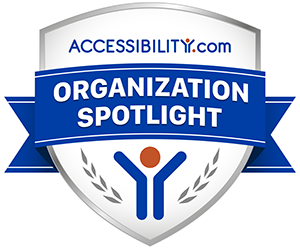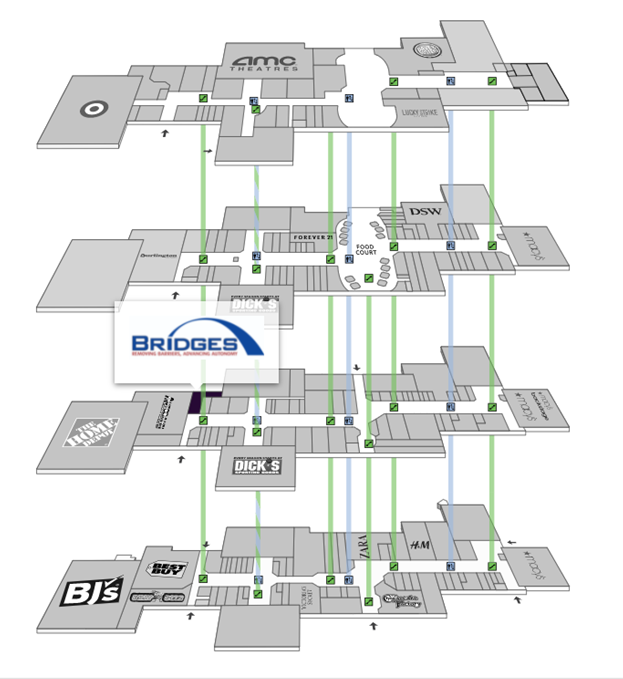Disabilities aren’t always visible to the naked eye, and people don’t often realize how common they are. In the United States, data from the Center for Disease Control and Prevention found that 61 million Americans are disabled. Accessibility, understanding, and support are paramount to improving their quality of life. On some level, we are working towards a more inclusive society for people with disabilities. Maryville University’s insights on social issues in healthcare note that the Americans with Disabilities Act has been around for at least 30 years, mandating access to public spaces for disabled people. This allows them to work and obtain health insurance as well, such as Social Security Disability Insurance (SSDI) or Supplemental Security Insurance (SSI).
Despite these strides being made within policies, inclusion on an interpersonal level still poses a lot of barriers for people with disabilities. A lack of education and awareness has brought about a lot of stigmatization and exclusion. One way of combating this is to promote peer support approaches for disabled people so they can receive support through socialization and opportunities. As a person with a disability, you may find it difficult to allow yourself to open up to others. Still, letting them relate to you can be a good start in bringing about more inclusivity and accessibility in your spaces.
Increased social interaction
Exclusion has an impact on our socialization, relationships, and overall well-being. Research from the University of Sydney and Lancaster University has shown that people with disabilities are more likely to experience isolation compared to people without disabilities. This lack of social connectedness is also associated with lower well-being. Peer support can be beneficial in fostering more social interaction with others, including non-disabled and disabled people. This can help expand your friendships and networks, alleviating solitude to promote better well-being.
Lessened stigmatization
Though there are programs to ensure people with disabilities have access to things like education and healthcare, stigma and exclusion persist. Disabled people have often been separated from peers so their specific needs can be catered to. Still, according to findings on the stigma surrounding learning disabilities by The Community Psychologist, this doesn’t create an inclusive environment. Peer support approaches in the classroom or workplace can help minimize the negative assumptions surrounding your condition or experience. It can bring about more empathy, cutting down stereotyping or labeling.
More opportunities to participate
There’s a belief that disabled people constantly need coddling or assistance, but that’s not true. Esther Choi’s story is proof that people living with different conditions are capable and resilient. People with disabilities can very much lead their own lives, but there may come a time when doing tasks or facing struggles may pose a challenge if you’re on your own. Without the support of others, it can be a frustrating experience.
With a better understanding of disabled people’s needs through peer support, disabled individuals can have a better chance to participate in activities they would not normally have access to without guidance. Establishments, such as restaurants, are now more widely providing people with disabilities with jobs so that they can earn a living. Through the support and assistance of peers to help guide them through everyday processes, they can experience fulfilling opportunities that build their independence and a sense of accomplishment.
Peer support can benefit all parties involved, whether you’re a person with a disability or a non-disabled individual. It opens up more opportunities to build empathy and decrease people’s wrong perceptions about disabilities. Paving the road to inclusivity within our communities is a tough battle, but these approaches can help create more progress for people with disabilities worldwide.

Image credit: Pexels
Source: https://www.pexels.com/photo/happy-couple-talking-together-8415993/




